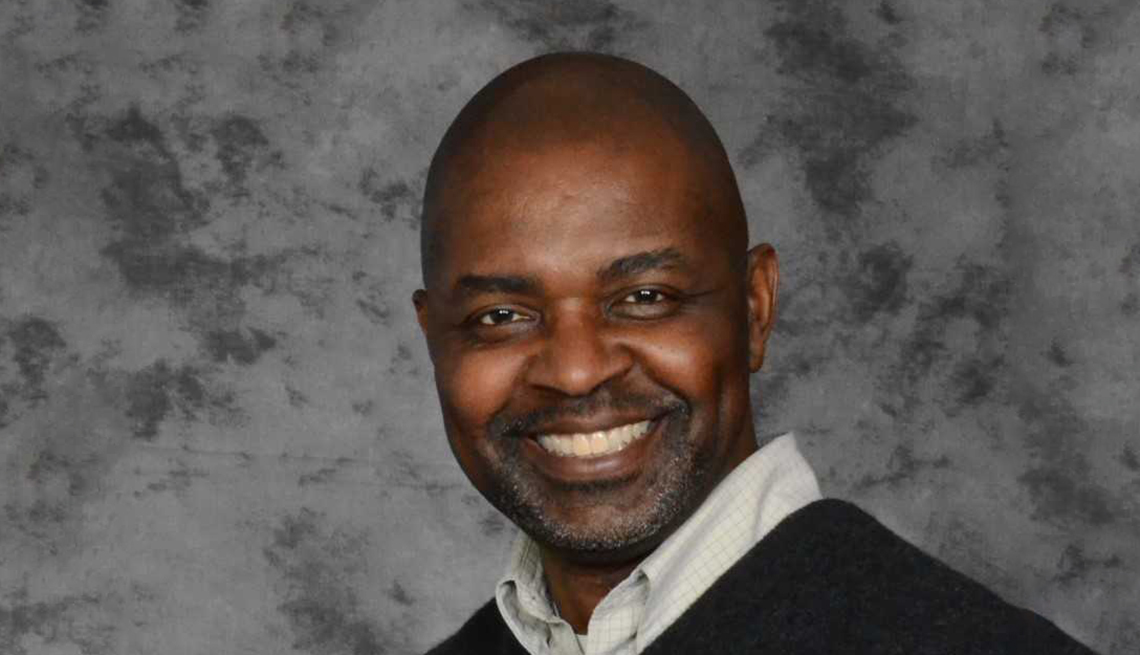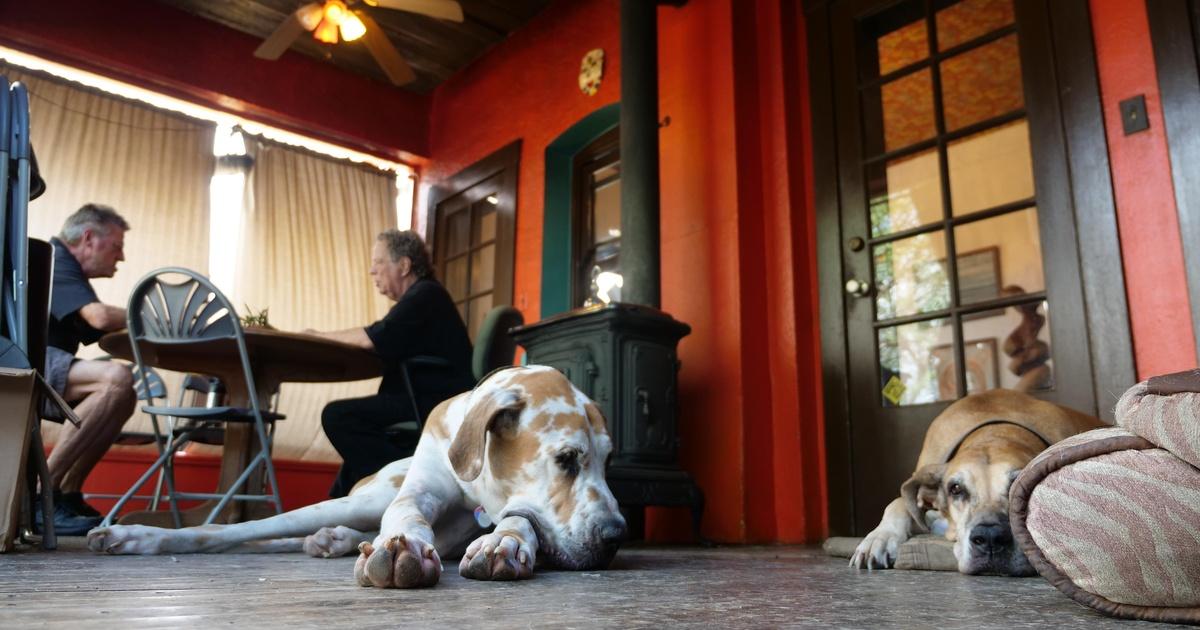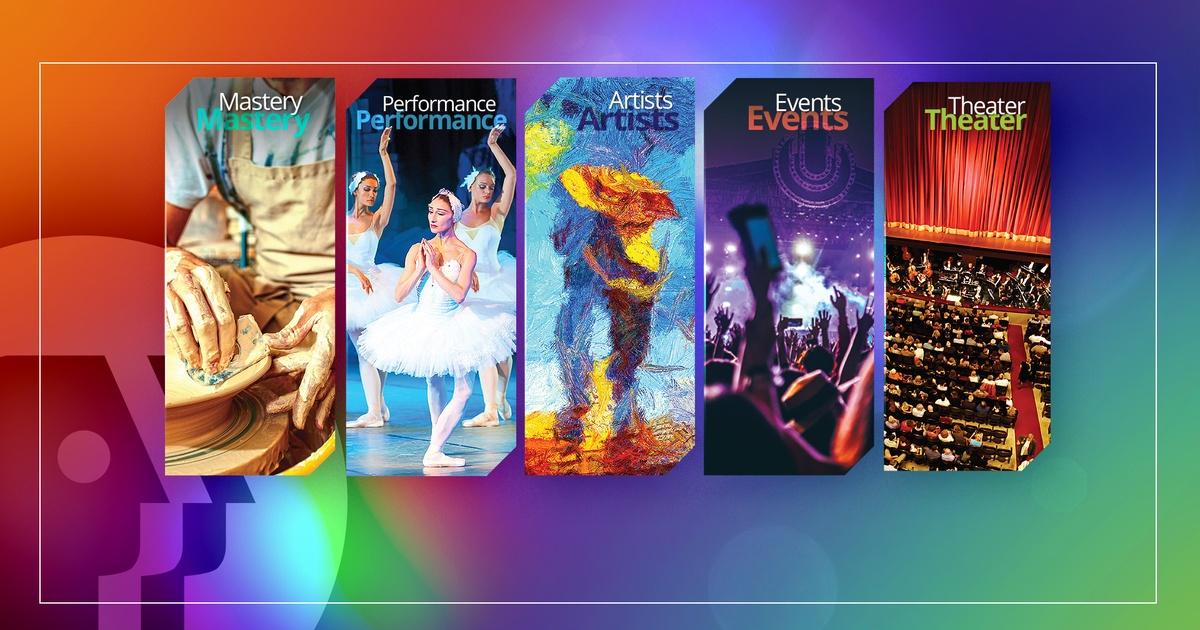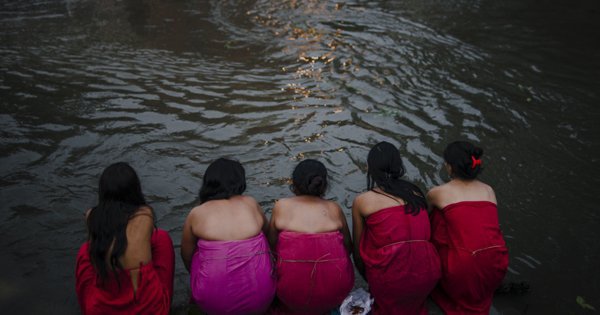
- Select a language for the TTS:
- UK English Female
- UK English Male
- US English Female
- US English Male
- Australian Female
- Australian Male
- Language selected: (auto detect) - EN
Play all audios:
Robert Rouse has been serving his community for decades, as both a professional firefighter and a volunteer mentor. When he retired from the fire department 11 years ago, he began
volunteering at an elementary school in his community, helping with office tasks and doing odd jobs to help keep the old building from crumbling. What he really wanted to do, though, was
read to students. His interest was sparked 30 years ago in Southeast Washington, D.C., where he had been mentoring an 11-year-old boy. He wanted to give the boy a book as a Christmas gift
and found a nonprofit that provided books to underserved children. He requested an age-appropriate book for the child, but the man helping Robert urged him to get books for all of the
children in the house —seven in total. When he delivered the books, one of the children, only four or five years old, pointed to Robert’s mentee and asked, “Why’d you give him a book? He
can’t read.” “It broke my heart,” says Robert, “so I got down at the kid's level and I said, ‘Look, I'm going to teach you to read.’” His promise led him to the now-defunct
Literacy Volunteers of America, which, though geared toward adult learners, helped him figure out how to tutor the young student. Decades later, retired and volunteering at his local
elementary school, Robert found a path to help even more children. “There was a teacher that I knew, and I just asked her, ‘Can I read to your students?’ And then it kind of just took off. I
wound up reading in several early childhood education classrooms.” While reading to a first grade class one day in 2013, he noticed an older woman in purple observing him. When he
approached her to ask what her role was, she told him she was a volunteer with AARP Foundation Experience Corps, the community-based volunteer program that engages highly trained people over
50 as tutors to help students become better readers by the end of third grade. Robert joined Experience Corps, and later advanced to site coordinator. His role changed again when the
coronavirus pandemic broke out. “We basically were displaced; well, the world was displaced. Everything shifted.” He was asked to be a regional coordinator — a role that hadn’t existed
before but became necessary when the program shifted to an online platform. He occasionally fills in as a tutor but often works as a monitor, an off-camera observer who is there to ensure
safety and program fidelity and to manage technical difficulties. Tutoring online meant learning new technology. “I didn't even know what MS Teams was six months ago. To support the
efforts of the site coordinators, I've had to figure out some ways to maneuver on the platforms.” And he’s not the only one. “Some of us were retired when this technology was really
taking off and just didn't feel a need to be a part of it,” he says. “What we have found through the process of working virtually is how resilient our older adults are. I had tutors who
were older than me explain that they didn't get to be that old being soft!” The children are pretty resilient, too. Robert was concerned that the volunteers wouldn’t be able to connect
as well with the children as they could face to face, but he’s been surprised to see how the students have opened up to their tutors, even through the screen. At the end of one session he
observed, “the young fellow shared something with the tutor that was so unique,” Robert remembers. “He had this little box of personal stuff, and every so often he would show one of these
things and tell her what it was about. Sometimes children will do and say things to get a reaction from us … but they had built such a great relationship with each other that the child was
continuing to allow her more into his world. “Even though the session is only 30 minutes,” he adds, “it has the potential to do so much.” LEARN MORE ABOUT AARP FOUNDATION EXPERIENCE CORPS
AND HOW TO BECOME A VOLUNTEER. _Read more stories about how our programs have helped people find hope, and about the volunteers who give so much of themselves to help others. _





